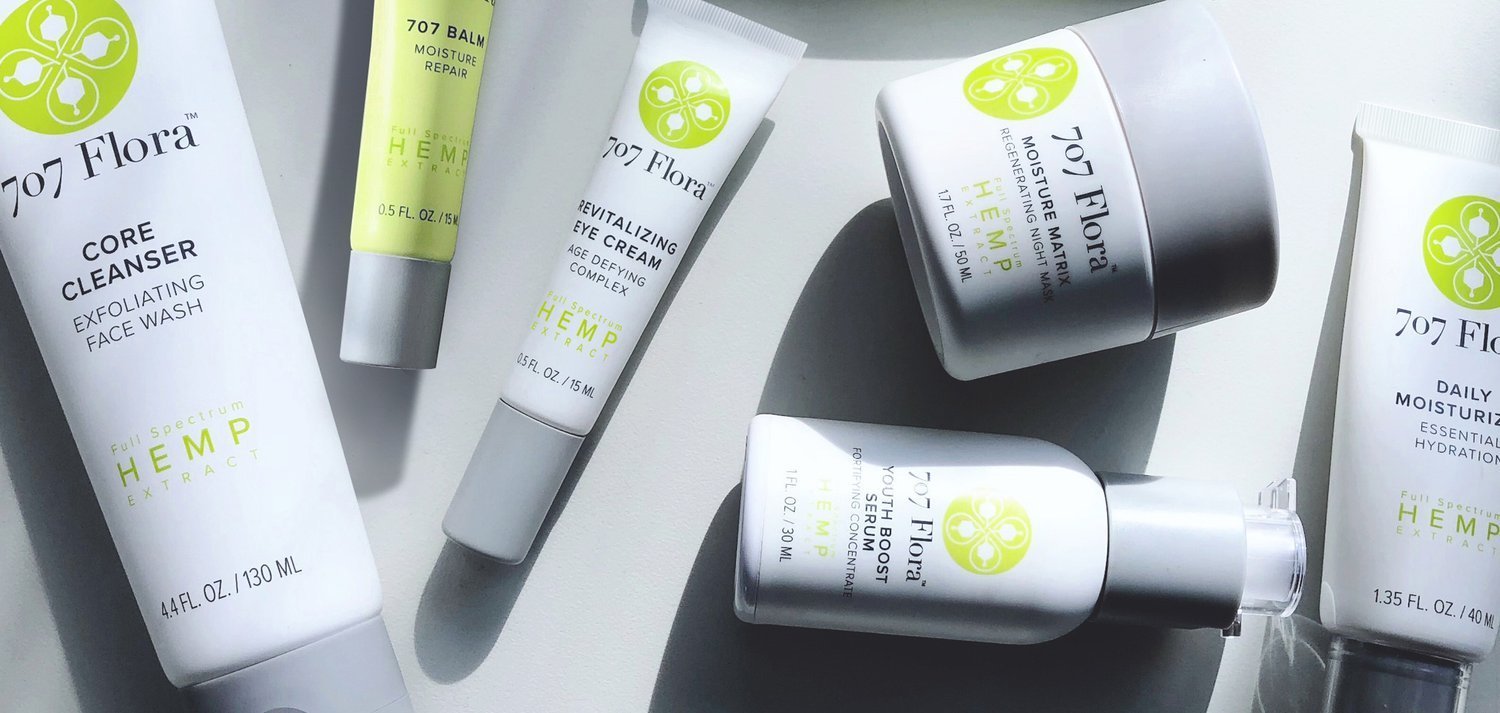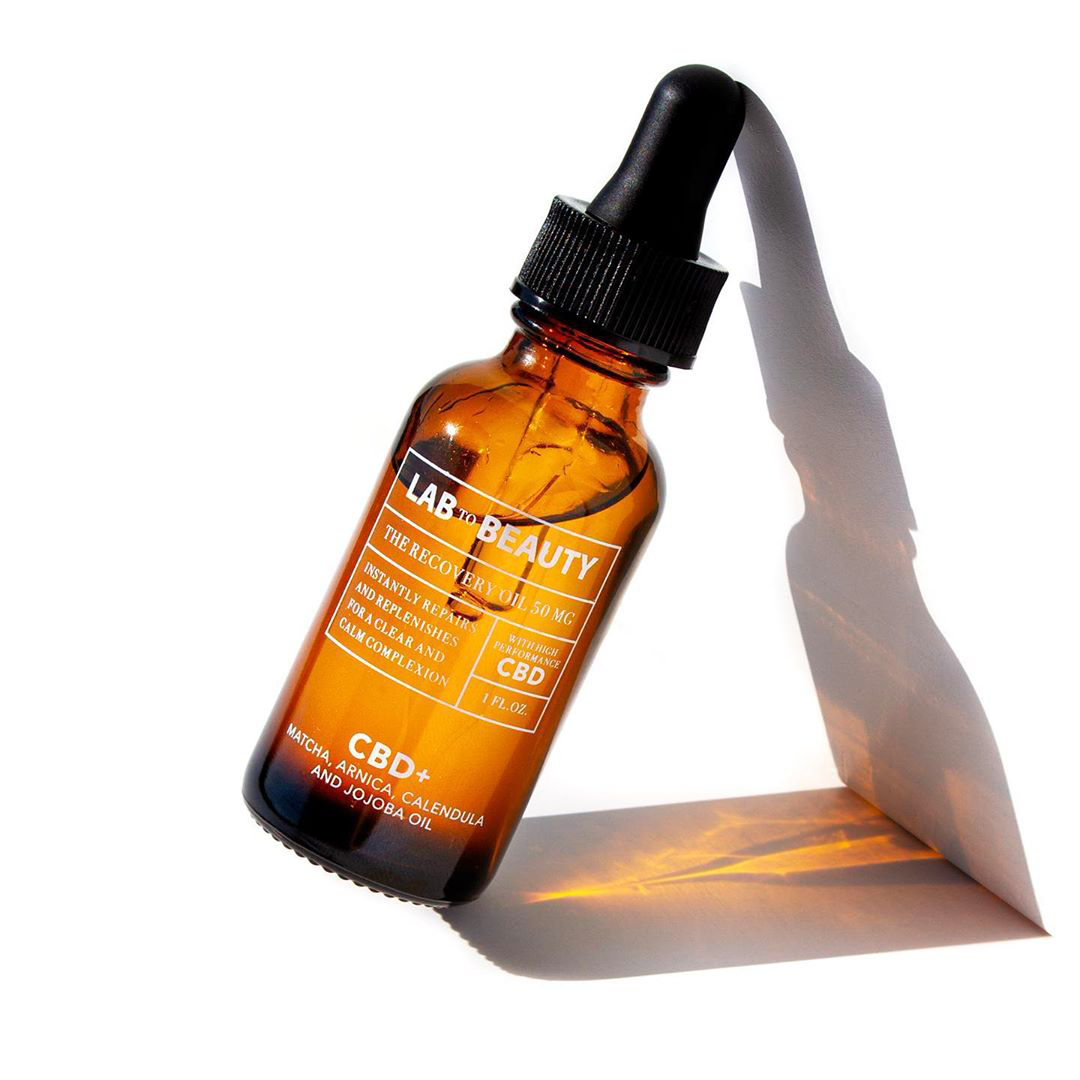
The FDA Issues Stern Warnings On CBD. What Do They Mean For The Market?
The Food and Drug Administration has come down hard on CBD.
Last month, the agency cautioned Americans that it hasn’t concluded whether cannabidiol, the non-psychoactive constituent of cannabis abbreviated as CBD, is OK for human or animal consumption, and spelled out a series of ills the compound could cause, among them liver damage, diarrhea, and diminished testicular size and sperm count. The same day, it dispatched warning letters to 15 companies informing them they were illegally promoting that their CBD products prevented, treated and even cured diseases like cancer. Federal law prohibits making medical claims when the FDA hasn’t approved those claims.
“We remain concerned that some people wrongly think that the myriad of CBD products on the market, many of which are illegal, have been evaluated by the FDA and determined to be safe, or that trying CBD ‘can’t hurt,’” stated FDA Principal Deputy Commissioner Amy Abernethy. “Aside from one prescription drug approved to treat two pediatric epilepsy disorders, these products have not been approved by the FDA and we want to be clear that a number of questions remain regarding CBD’s safety—including reports of products containing contaminants, such as pesticides and heavy metals—and there are real risks that need to be considered.”

The FDA’s actions sent shockwaves through the CBD wellness and beauty sector. There’s a lot at stake. Sales of CBD products in the United States are projected to reach $20 billion by 2024. If consumers become gunshy about trying CBD, the businesses that have multiplied to capitalize on the lucrative segment could face severe losses. Some cannabis companies wonder whether that’s a bad thing and a significant portion of CBD companies welcome the FDA’s involvement. They view the agency as a necessary hammer to pound destructive actors out of the market and burnish the reputation of those following the rules.
“I was glad that the letters went out,” says Joan Sutton, founding partner and CEO of CBD skincare specialist 707 Flora. “Though I truly believe CBD is an amazing raw material both externally [with] topicals and internally [with] supplements/tinctures, it is not a miracle. When companies make hard drug claims like anti-tumor effects or [treatments for] diseases like schizophrenia [and] leukemia, and suggest using CBD for diabetes, MS, Crohn’s disease etc., not only is that not OK, it could be dangerous to the users expecting certain benefits, and it is bad for all of us in this industry. It feeds into those consumers’ perceptions that all CBD products are snake oil.”
Some CBD brand founders aren’t as sanguine about the FDA’s warnings. They argue it’s prematurely instilling fear in people by sounding alarms about CBD-related dangers without sufficient scientific evidence on the purported dangers. “The warning issued by the FDA was cursory and vague to say the least, but is congruent with the entire hands-off approach that is in play,” says Hudson Greens founder Brian Walton. “While I feel the warning was necessary to put a damper on some of the instances of sheer stupidity easily visible in the marketplace, issuing vague warnings backed by weak and unsubstantiated claims is almost as bad as some of the claims bad actors have been making.”
Walton singles out the FDA’s warning of possible liver damage as problematic. He explains, “This may be true, but the only data they have to make this claim is reported data from the Epidiolex trials, which is based off of a synthetic form of CBD. There are numerous cases and research data that shows synthetic CBD can be toxic to humans, especially in high dosages.”
“Issuing vague warnings backed by weak and unsubstantiated claims is almost as bad as some of the claims bad actors have been making.”
The FDA’s hand may have felt forced to weigh in given CBD’s rapid ascension to ubiquity. A few years ago, the cannabis ingredient was isolated to dispensaries. Now, it’s invading gas stations and luxury department stores nationwide. Russell Markus, founder of topical and ingestible CBD brand Lily CBD, says, “My take is that the FDA finds itself in a self-imposed tight spot as the CBD industry moves at light speed, and it is almost impossible for them to catch up. The only way they can attempt to do this is to bring the industry to a screeching halt. These FDA warnings are a small attempt at doing so, but it is not bringing any greater clarity while only compounding the confusion around CBD.”
The confusion has been mounting since the 2018 Farm Bill declared the hemp trade legal. The bill defined hemp as cannabis containing less than 0.3% tetrahydrocannabinol or THC, the psychoactive element of the plant, and allowed for the manufacture and sale of hemp-derived CBD products. However, because cannabis products are regulated under the Food, Drug, and Cosmetic Act, CBD merchandise fell into the crosshairs of the FDA. Therefore, cannabis products can’t tout therapeutic benefits unless they’re approved as a drug by the FDA. The Drug Enforcement Administration continues to classify marijuana and derivatives of it as a Schedule 1 drug or highly-addictive substances along the lines of heroin and methamphetamine.
The hazy regulatory environment has led to frustration—and the FDA’s recent moves haven’t brought much satisfaction to the CBD sector. Amid the legal bewilderment, hemp industry professionals worry that consumers and retailers will opt out of CBD altogether. Patrick Goggin, senior attorney at Hoban Law Group, a firm specializing in industrial hemp and cannabis reform, says, “I do not see the FDA update as balanced for the consumer or fair for the industry. Instead, it is more sensationalist in form creating unnecessary consumer fear rather than effective consumer education. For this reason, it could be very harmful to beauty and wellness brands.”
Optimistically, brand founders hope the FDA’s actions will push CBD toward a clearer regulatory picture that will inspire confidence in consumers contemplating purchasing goods with it. “We look forward to the growing attention the FDA is dedicating to the emerging CBD industry,” says Katherine Ragusa, CEO of the Advantage Co., producer of the luxury CBD skincare range Lab to Beauty as well as Bogavia, a clean beauty brand that recently launched a CBD-infused collection. “Their concerns are well-founded. Unfortunately, as with any exploding market, while the original developers continue to build responsibly, some of the second wave of providers can be unscrupulous predators who make outrageous claims hoping to cash in on sensationalism. Hopefully, the FDA will be able to remove them from the market before they do unnecessary damage to the reputation and enormous potential of the CBD market.”

Markus is also hopeful. As CBD usage increases, he advocates for the FDA being open to consumer accounts of the ingredient as it makes future decisions. “They find their lives better with the compound than without it,” he says. “At Lily CBD, we have the profound opportunity to hear from our customers about how CBD is helping them, most of which I cannot talk about for fear of making claims, but this plant works just like it did 100 years ago and 1,000 years ago.”
So far, brands and retailers remain bullish on the CBD segment. The segment is simultaneously experiencing positive steps—bank regulators are clearing the way for financial institutions to work with hemp companies—and setbacks. In addition to the FDA’s warnings, the deaths and illnesses arising from vaping have cast a pall over tobacco and cannabis products. Despite the turbulence, sales don’t appear to be waning. Ragusa says, “We believe the CBD market will continue its extraordinary growth. The scrutiny has caused significant pullback on the investment side of the equation, but, on the consumer sales and satisfaction side, it is better than ever.”
KEY TAKEAWAYS
- Last month, the FDA cautioned Americans that it hasn’t concluded whether cannabidiol, the non-psychoactive constituent of cannabis abbreviated as CBD, is OK for human or animal consumption, and spelled out a series of ills the compound could cause, among them liver damage, diarrhea, and diminished testicular size and sperm count.
- The FDA also dispatched warning letters to 15 companies informing them they were illegally promoting that their CBD products prevented, treated and even cured diseases like cancer. Federal law prohibits making medical claims when the FDA hasn’t approved the claims.
- Many CBD brand founders criticized the FDA for not providing sufficient scientific evidence to back its warnings and instilling unwarranted fear in the public.
- Other brand founders believe the FDA's actions are necessary steps toward regulatory clarity in the CBD segment.
- There’s a lot at stake. Sales of CBD products in the United States are projected to reach $20 billion by 2024. If consumers become too scared to take CBD, the businesses that have multiplied to capitalize on the lucrative segment could face severe losses.
- So far, CBD brands and retailers remain bullish on CBD market. Sales of CBD goods don't appear to have been hurt by the FDA's warnings.





Leave a Reply
You must be logged in to post a comment.